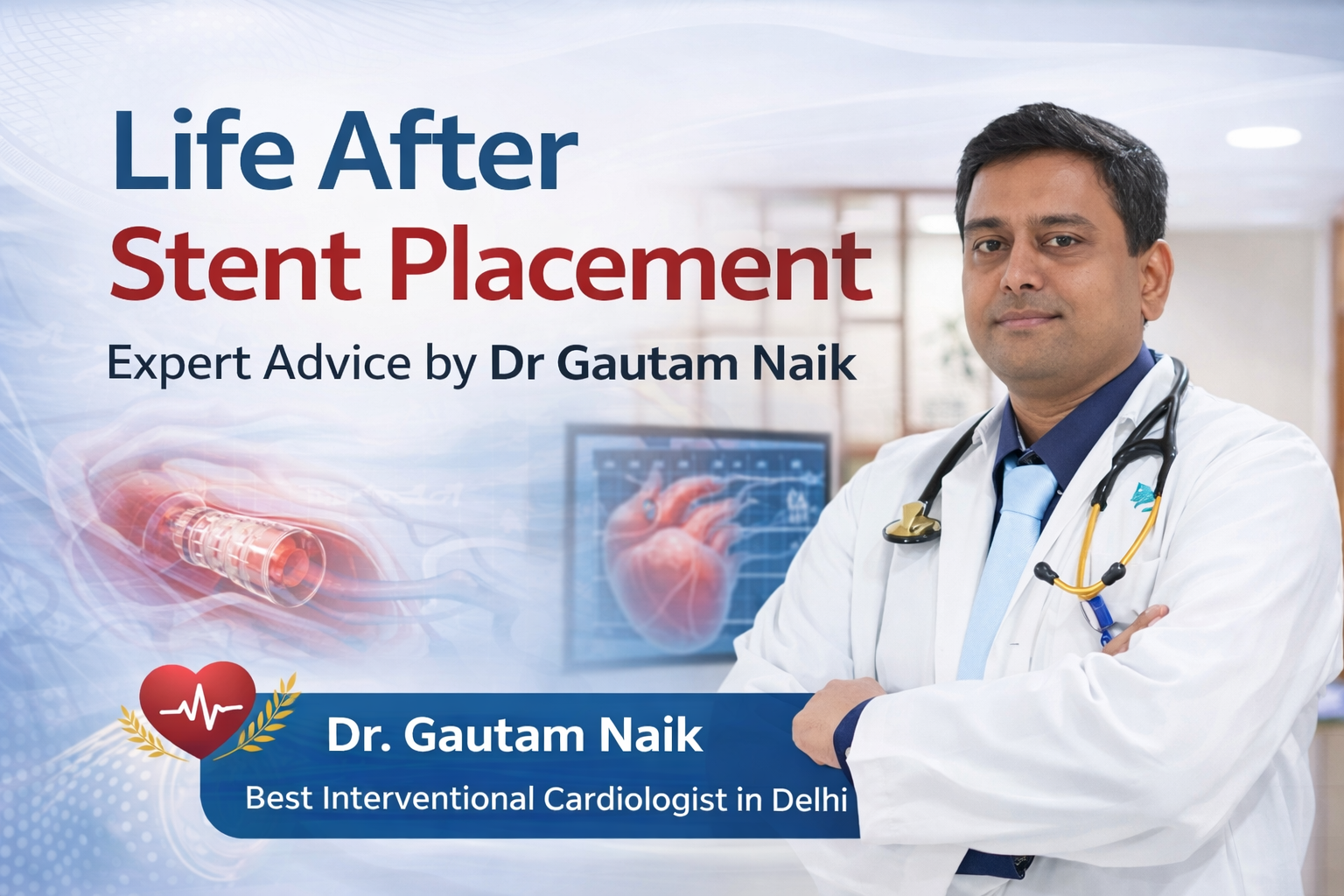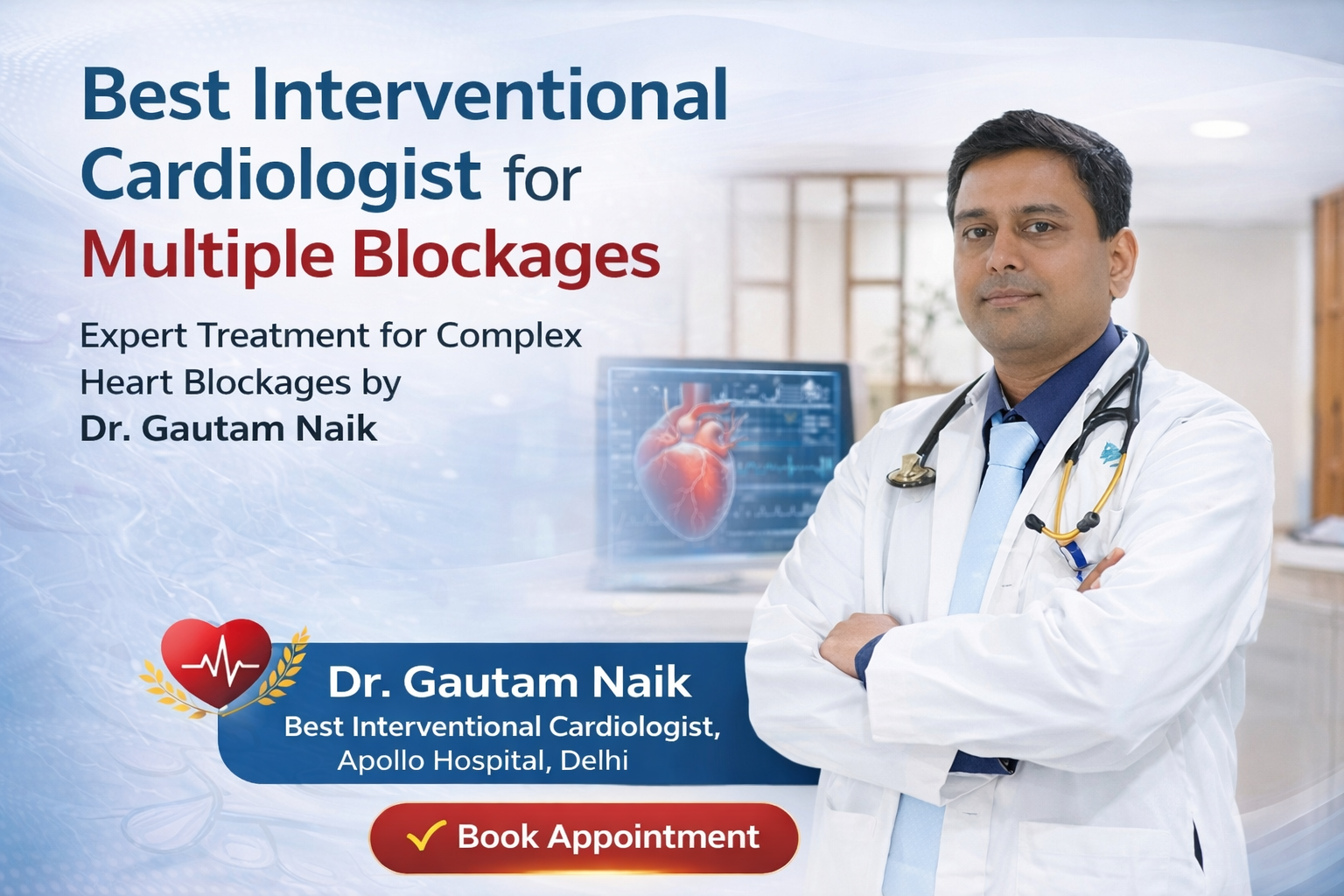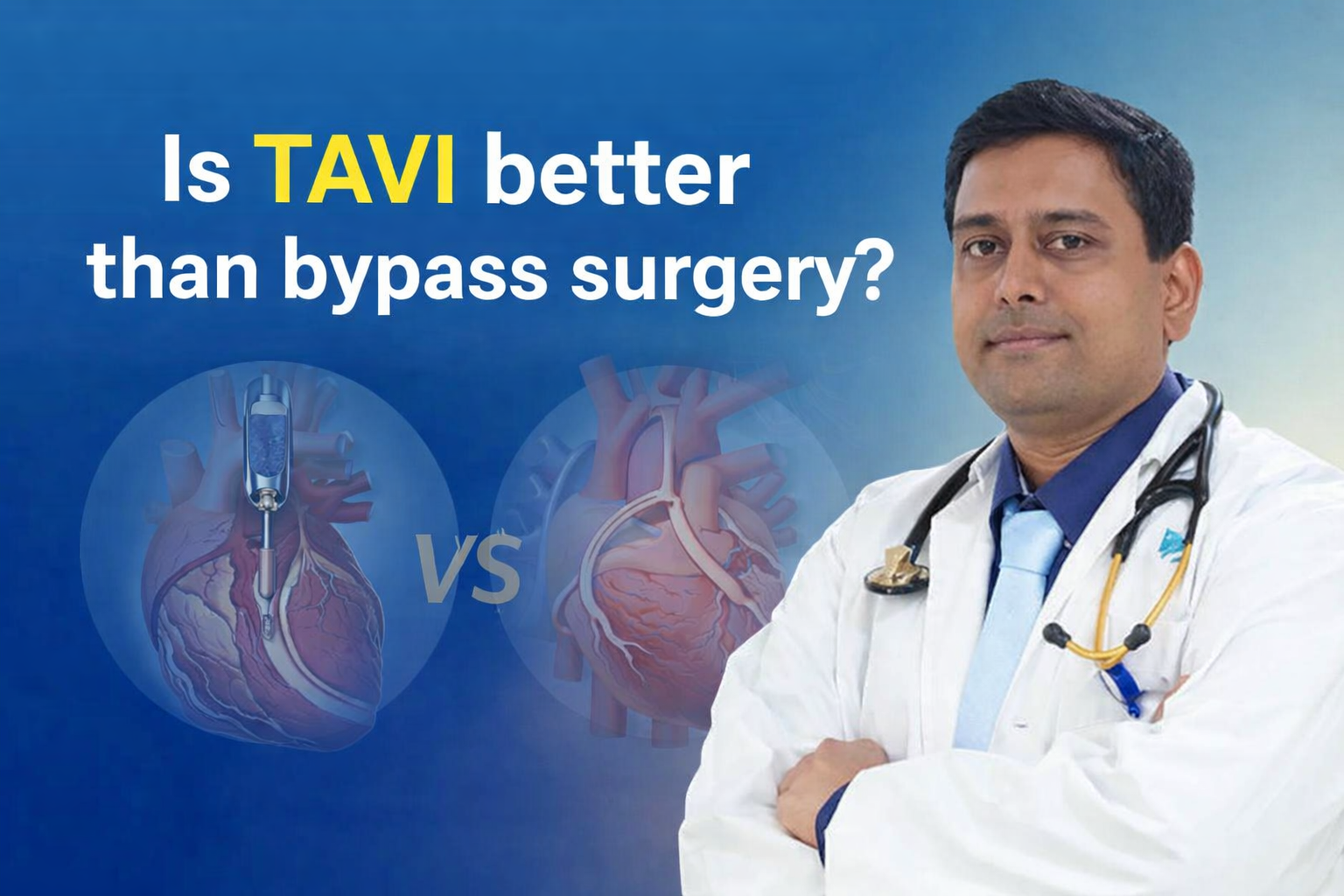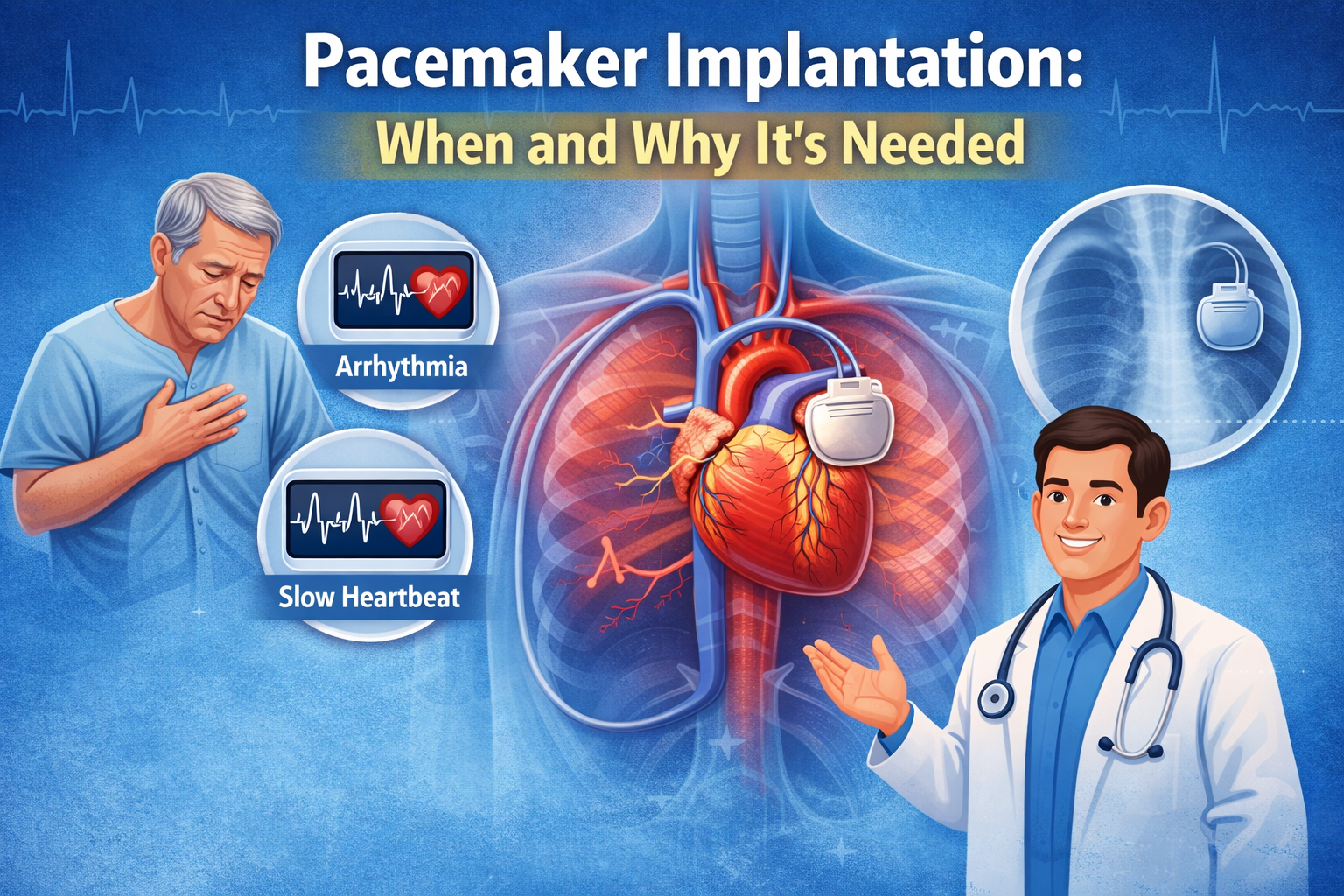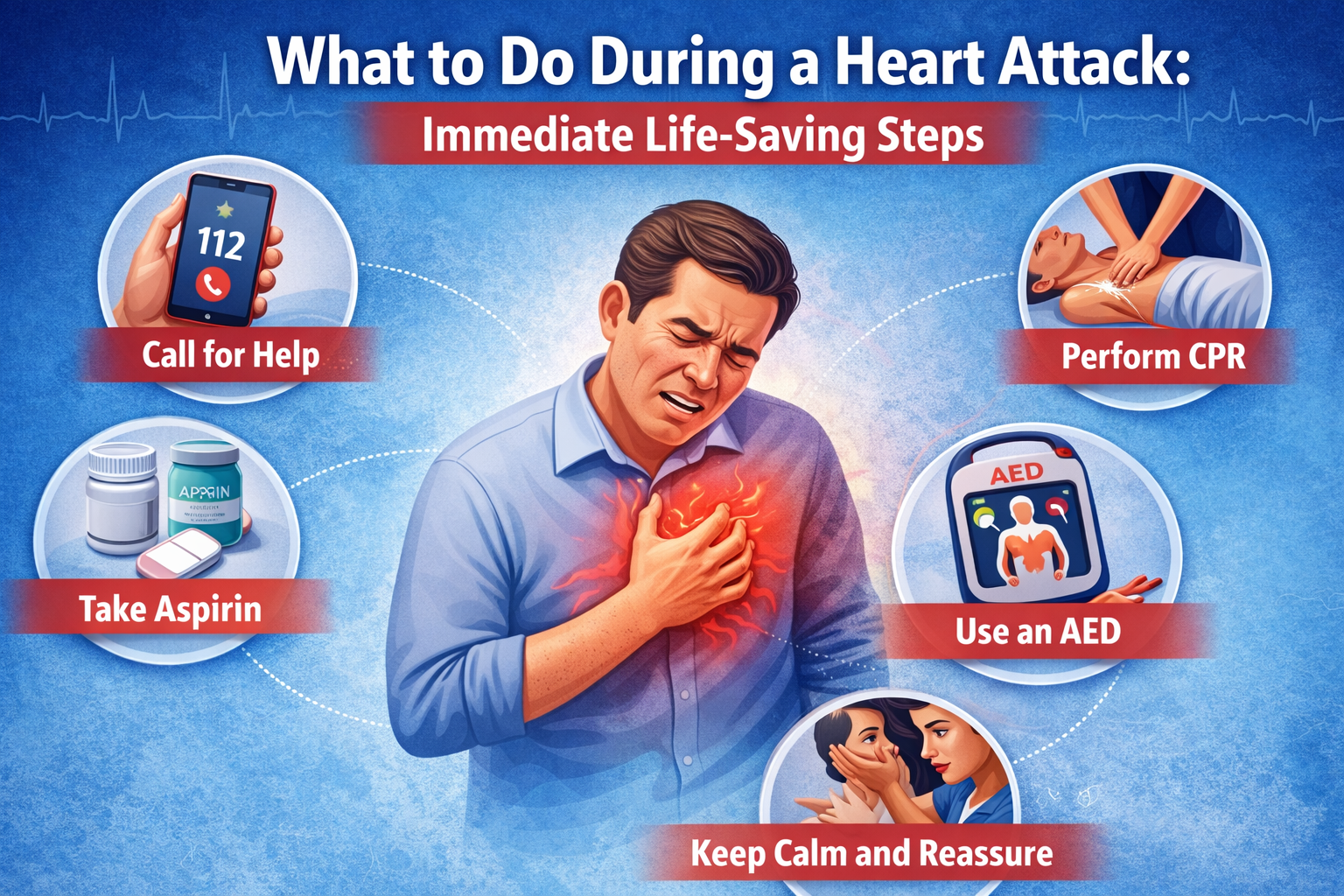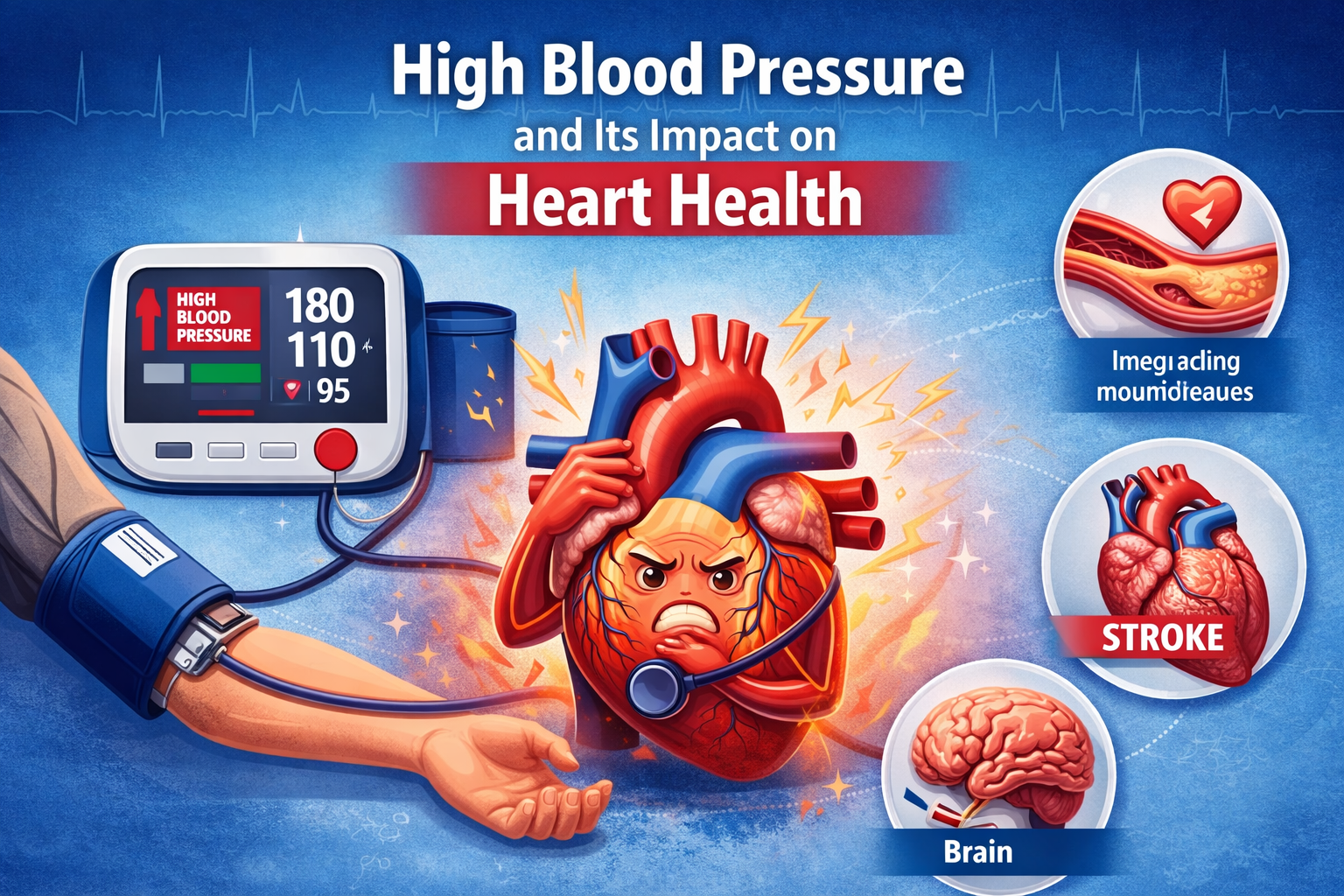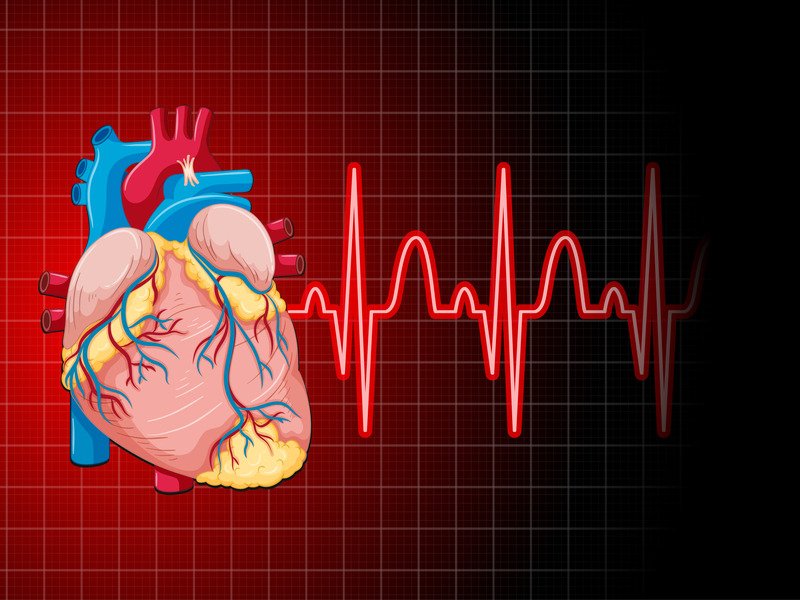
The human heart is a marvel of engineering, with four valves working tirelessly to ensure blood flows in the right direction. But when these valves malfunction, it can lead to a condition called heart valve disease. This condition affects millions worldwide and can have life-altering consequences if left untreated. Fortunately, advancements in medical science have opened new avenues for diagnosis and treatment, offering hope to those affected.
Heart valve disease occurs when one or more of the heart’s valves fail to function properly. These valves—mitral, aortic, tricuspid, and pulmonary—act as gates, ensuring blood flows forward and doesn’t backtrack.
Common types of valve dysfunction include:
These issues can lead to symptoms like fatigue, shortness of breath, chest pain, or even heart failure in severe cases.
Heart valve disease can arise from various factors, including:
Understanding the root cause is vital for choosing the right treatment path.
Heart valve disease may go unnoticed in its early stages. However, as the condition progresses, common symptoms include:
Early detection through routine check-ups can help avoid complications.
Gone are the days when open-heart surgery was the only option for heart valve disease. Modern medicine offers several cutting-edge treatments, including:
Living with heart valve disease no longer means limited options or diminished quality of life. With early diagnosis, personalized treatment, and advanced technology, many patients can lead full, active lives. If you experience symptoms or have risk factors, consult a healthcare provider for timely evaluation.
When it comes to heart health, choosing the right specialist can make all the difference. Dr. Gautam Naik, recognized as the best cardiologist in Faridabad, combines expertise, compassion, and cutting-edge techniques to provide unparalleled care for heart valve disease and other cardiac conditions. With a stellar reputation for diagnosing and treating complex cases, Dr. Naik stays at the forefront of medical advancements, ensuring his patients receive the most effective and least invasive treatments available.
Whether it’s a routine check-up, advanced imaging, or minimally invasive procedures like TAVR, Dr. Naik’s patient-centered approach and exceptional skills make him the trusted choice for cardiac care in the region.
The heart is not just an organ—it’s the engine of life. Taking care of it ensures every beat counts.
Stay informed, stay proactive, and embrace the advancements that make a healthier heart possible.
